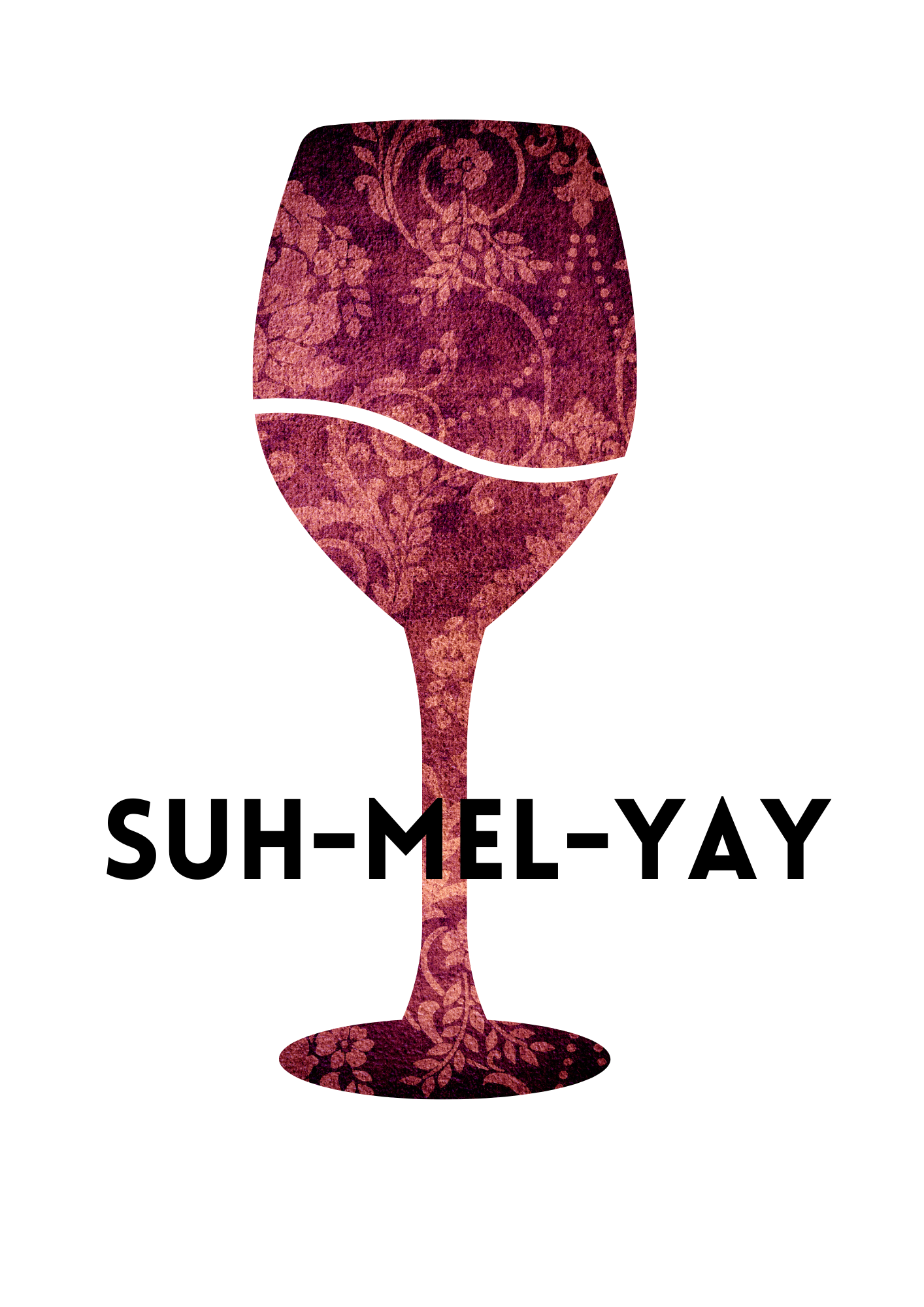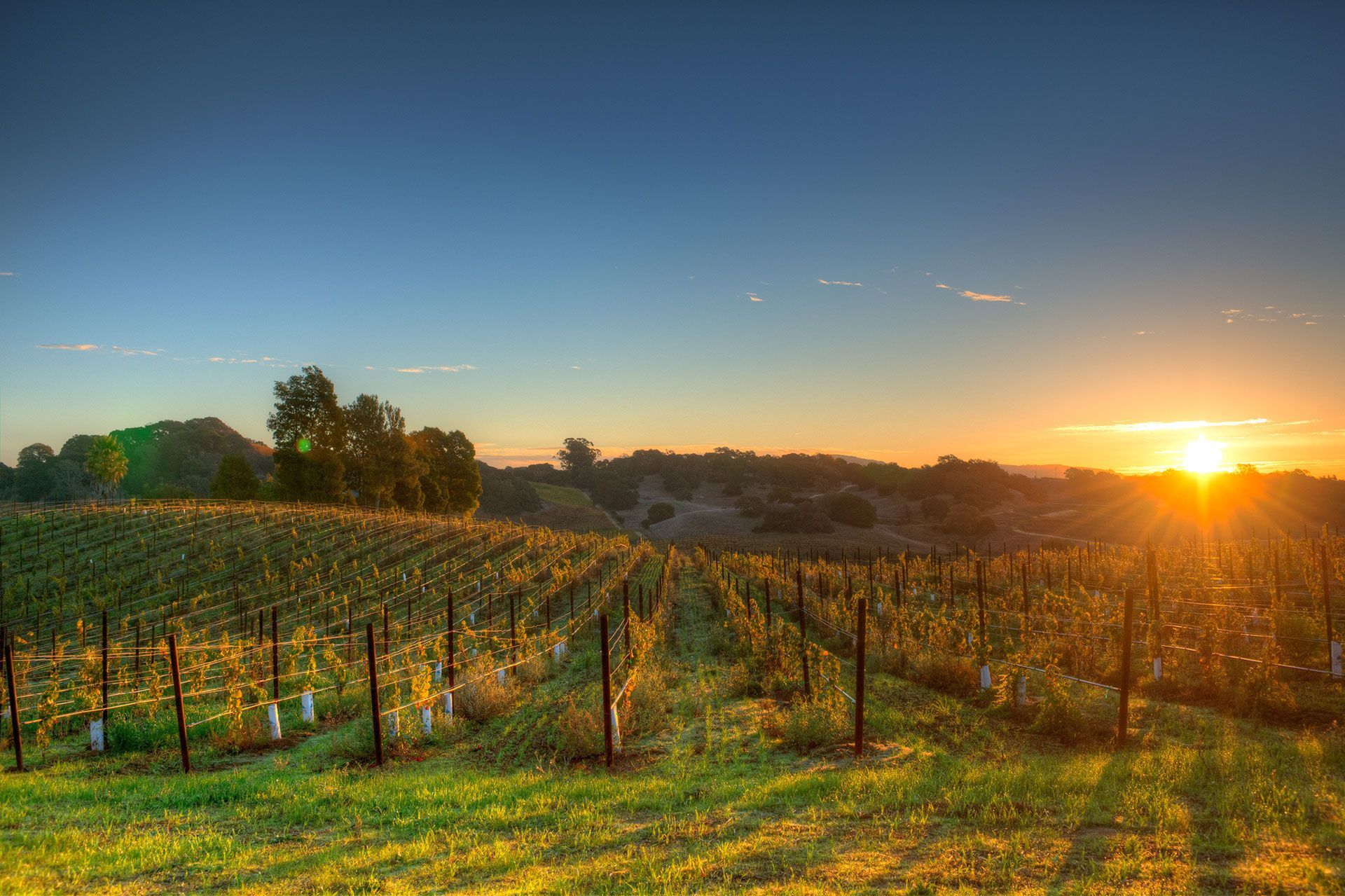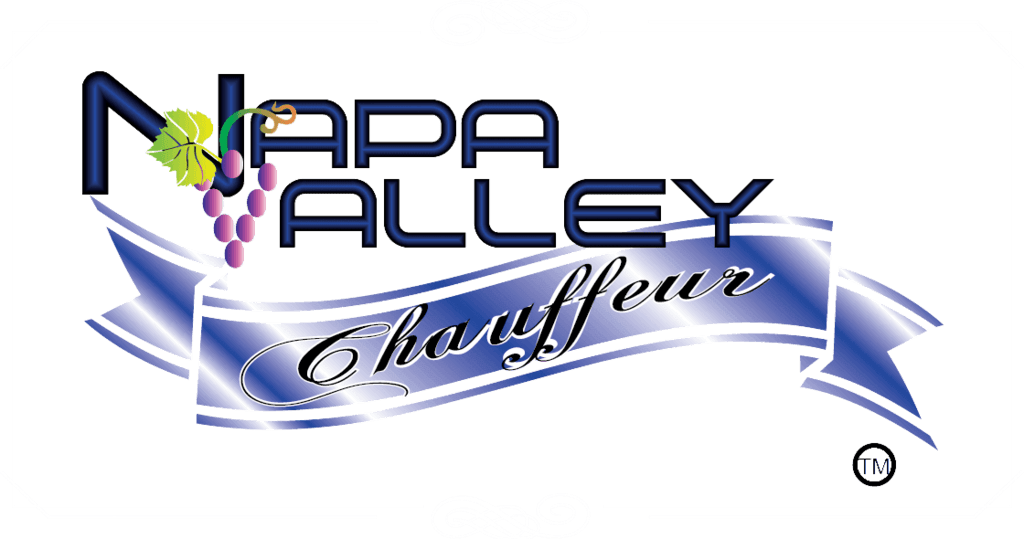Sommeliers
Unveiling the World of Sommeliers: Wine's Unsung Heroes
So, What is a Sommelier?

In the enchanting world of wine, there exists a group of individuals whose knowledge and expertise elevate the experience of wine consumption to an art form. These individuals are known as sommeliers, and they play a pivotal role in the wine industry, helping both novice and seasoned wine enthusiasts navigate the vast and complex world of wine. In this comprehensive article, we will delve deep into the realm of sommeliers, exploring who they are, what they do, and why they are essential to the world of wine. The role of a sommelier is much more comprehensive than merely serving wines.
Did you Say Sommelier?

A sommelier, pronounced suh-mel-yay, is a term of French origin, and it refers to a trained and knowledgeable wine professional. These individuals are not merely wine enthusiasts; they are experts in all things related to wine.
A sommelier must understands the intricacies of winemaking in order to providing impeccable wine service, sommeliers are the go-to experts for everything wine-related.
A sommelier is a multifaceted professional with expertise in wine selection, service, and pairing, combined with strong interpersonal skills, a commitment to ongoing education, and a passion for sharing the world of wine with others.
The Journey to Becoming a Sommelier
Becoming a sommelier starts with curiosity. It requires dedication, passion, and an unquenchable thirst for wine knowledge. Although the world of a sommelier looks glamorous, however, the road to the final destination requires a spectrum of talents and dedication.


Tasting and Sensory Evaluation
Sommeliers develop an extraordinary palate through extensive wine tasting. They learn to identify and differentiate various wine flavors, aromas, and textures. This skill is crucial for recommending wines that pair perfectly with different cuisines. Sommeliers also develop the ability to evaluate wine quality and pairing it appropriately with food.
A Sommelier’s Education
Sommelier Certification Programs: There are several recognized sommelier certification bodies, such as the Court of Master Sommeliers, the Wine & Spirit Education Trust (WSET), and the International Sommelier Guild. These organizations offer various levels of certification.
Levels of Certification: For example, the Court of Master Sommeliers offers four levels – Introductory Sommelier, Certified Sommelier, Advanced Sommelier, and Master Sommelier. Each level requires passing rigorous examinations that test wine knowledge, service skills, and tasting abilities.
Continued Learning: Wine constantly evolves, and successful sommeliers commit to lifelong learning. Education includes staying updated with wine trends, new winemaking techniques, and emerging wine regions.
Why are Sommeliers Important?

Sommeliers play a vital role in the wine industry and the broader culinary world. Here's why they are so important:
- Sommeliers Elevate Dining Experiences
Sommeliers enhance the overall dining experience by helping customers discover new wines and flavors. Their expertise adds a layer of sophistication to any meal.
- Sommeliers Support Wineries
Sommeliers often promote and showcase wines from various wineries, both big and small. This support can significantly impact a winery's success and reputation.
- Sommeliers Preserve Wine Culture
Sommeliers contribute to the preservation of wine culture and traditions. Their knowledge of wine history and regions keeps the rich tapestry of wine alive.
A sommelier is much more than a wine expert; they are the custodians of wine culture and the gatekeepers of memorable dining experiences. Their dedication to mastering the world of wine and sharing their knowledge with others makes them indispensable in the culinary and wine world. So, the next time you raise a glass of fine wine, take a moment to appreciate the sommeliers who work tirelessly behind the scenes to make your wine journey exceptional. Cheers to these unsung heroes of the wine world!
A MASTER SOMMELIER
Andreas
Larsson
MASTER SOMMELIER
Profile
Andreas Larsson, born in 1972 in Stockholm, Sweden, is a highly accomplished sommelier, wine consultant, and critic. His journey into the world of wine is quite interesting; he initially trained as a chef, graduating from hospitality school in 1990.
His career as a chef continued for seven years, during which he developed a deep passion for wine, especially after a transformative experience in the wine regions of Burgundy and the Rhône Valley in France in 1996. This passion led him to pursue and complete sommelier training at the Restaurangakademien in Stockholm in 1999.
Numerous accolades mark Larsson's career as a sommelier. He was named the Best Sommelier in Sweden for three consecutive years from 2001 to 2003, the Best Sommelier in Scandinavia in 2002, the Best Sommelier in Europe in 2004, and most notably, he won the title of World's Best Sommelier in 2007. His achievements include the Trophée Ruinart in 2003 and 2004, the International Sommelier of the Year for Wine in 2005, the Laureate of the Swedish Wine Academy Grand Prize in 2008, and the Laureate of the Bacchus Prize in 2009.
In addition to his competition successes, Larsson is also known for his role as the Wine Director at "PM & Vänner" in southern Sweden, a Michelin-starred establishment. His contributions to the field extend beyond service, as he is actively involved in training future sommeliers, consulting, event organizing, and collaborations with prestigious publications like Decanter magazine.
Larsson's approach to wine tasting and rating is deeply rooted in objectivity, mainly through blind tastings, allowing him to focus solely on sensory experiences without preconceptions. He uses a hundred-point scoring system for evaluating wines, ranging from 80-84 for average wines to 97-100 for exceptional wines considered among the best in the world.
Overall, Andreas Larsson is not just a sommelier but a multifaceted personality in the world of wine, combining his skills as a chef, his musical talent as a jazz guitarist, and his profound understanding of wine to make a significant impact in the industry.
SEASONS
What is the Best Time of Year for a Wine Tour in the Napa Valley?
Before you determine the best time for your wine tour, it's important to understand the different seasons in Napa Valley. The region experiences a Mediterranean climate, which means mild, wet winters and warm, dry summers. The four seasons in Napa Valley are spring, summer, fall, and winter. Let's explore winter in Napa Valley.

Napa Valley Seasons
TIP #1
IS WINTER FOR YOU?
Winter: December - February
- Winter is the off-season in Napa Valley
- Fewer crowds and lower prices
- Temperatures can be chilly, with highs in the 50s and 60s°F during the day and cooler temperatures at night.
- The region is still beautiful, with lush green hillsides and clear blue skies.
- It's also the time for pruning, which is essential for preparing the vines for the next growing season.
- Some wineries may be closed during the winter months, so it's important to check in advance.
TIP #2
IS SPRING YOUR THING?
Spring:March -May
- Spring is a beautiful time to visit Napa Valley.
- The vines start to wake up from their winter dormancy
- The hillsides are covered in vibrant green foliage
- The temperatures are mild, with highs in the 60s and 70s°F. This is also the season for bud break, which is the start of the growing season.
- Spring is also the rainiest season in Napa Valley, Spring:March -May pack rain gear and be prepared for wet weather
TIP #3
WHITE OR RED
Winter and spring are the best time to find deals and discounts on wine tours and hotels.

If you prefer white wines, it's best to visit in the spring or summer when white wine grapes are harvested.
TIP #4
IS SUMMER BEST THE TIME?
Summer:June - August
- Summer is the peak season in Napa Valley
- Warm temperatures and plenty of sunshine
- The vines are in full bloom, and the grapes start to mature. The average temperature during the day is around 80-90°F
- but it can get as high as 100°F It's important to stay hydrated and wear sunscreen if visiting during the summer months
- However, the crowds can be overwhelming, and it's essential to book tours and tastings in advance
TIP #5
IS IT ALL ABOUT FALL?
Fall: September - November
- Fall is the harvest season in Napa Valley, and it's the most picturesque time to visit.
- The vineyards are filled with shades of red, orange, and yellow.
- The weather is mild, with highs in the 70s°F during the day and cooler temperatures at night.
- The harvest season brings a festive atmosphere to the region, with plenty of events and activities for visitors.
- However, it's also the busiest season, and accommodations and tours can be difficult to book
TIP #6
IS SUMMER BEST THE TIME?
RED OR WHITE
If you enjoy red wines, fall is the best time to visit when the red wine grapes are harvested.
TIP #7
BUDGET
There are Other Factors to Consider When Deciding the best time for a wine tour in Napa Valley.
- The time of year you choose to visit Napa Valley can affect your budget.
- Summer and fall are the peak seasons, and prices for accommodations, tours, and tastings can be higher than during the off-season.
- Winter and spring are the best times to find deals and discounts on wine tours and hotels
To See Everything
Napa Valley Has to Offer,
Napa Valley Chauffeur
All Rights Reserved | Napa Valley Chauffeur
All Rights Reserved | Napa Valley Chauffeur
Address:
1370 Trancas St. Suite 516,
Napa, CA, US 94558
Phone:
